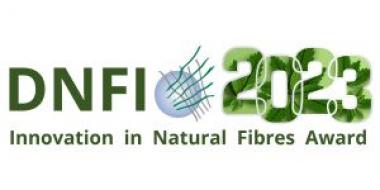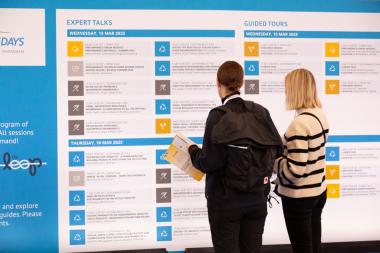B.I.G. acquires Australian B2B flooring wholesaler Signature Floors
B.I.G. has signed an agreement with Australian B2B flooring wholesaler to acquire its complete range of activities. Through this acquisition, both companies will strengthen their growth opportunities in both soft, resilient and hard flooring in Australia and New Zealand.
CEO Pol Deturck comments: “This acquisition will provide great opportunities for all our stakeholders, especially our customers, suppliers and employees. Both B.I.G. and Signature have solid positions as leaders in the flooring industry and a shared commitment to sustainability, product innovation, design and customer service.”
Signature Floors is an Australian B2B flooring wholesaler serving retailers, commercial contractors, architect-designers and end-users in Australia and New Zealand. Founded in 1989, the company has 120 employees and is owned by 2 family shareholders which are both active in the company. Signature has offices, warehouses and showrooms in Melbourne and Auckland spread over 3 locations.
Together, B.I.G. and Signature will integrate their sales and business activities over the coming months, ensuring business continuity for customers, partners, suppliers and employees.
Both companies expect to close the transaction at the end of April 2023.
Beaulieu International Group





























